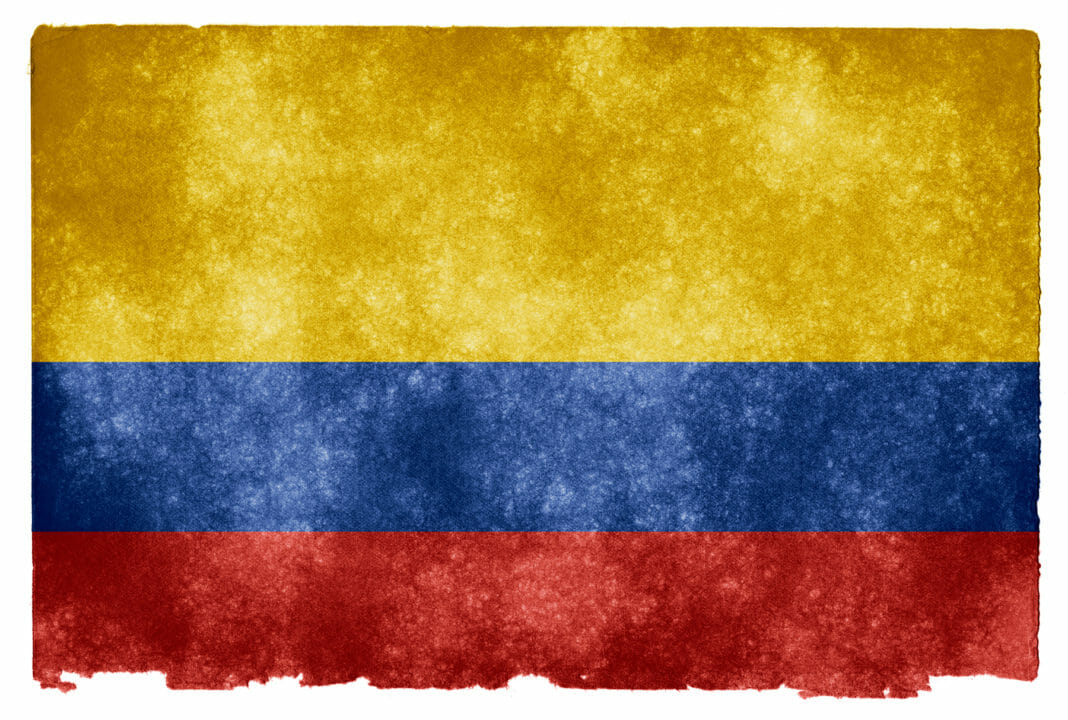The Global Blockchain Council established a total of 16 principles to safeguard user data and promote decentralization. They divided the points of the bill into eight aspects that include transparency, privacy, and security.
The Global Blockchain Council, an entity dependent on the World Economic Forum, revealed last May 22nd the so-called “Blockchain Bill of Rights”. Colombia, among many other representatives of the blockchain ecosystem, signed this document, which includes 16 principles for the defense of users.
The bill is composed of eight aspects grouped into four areas: transparency and accessibility, privacy and security, power and interoperability, and responsibility and government.
Among these, the most prominent is that users must know how a service operates and what its risks are. Besides, they must grant or deny permission to access their data, know if their data are at risk, create, manage, and store their private keys.
According to the council, applications created on blockchain-based systems must contribute to preserving all the rights of users as a way to promote “the core values for a decentralized future.”
The text of the “Blockchain Bill of Rights” establishes a global line to create applications that respect the rights of participants, safeguard data, and protect users. It says that the first to adopt it will be public and private sector companies, international organizations, non-governmental organizations (NGOs), and civil society.
Support from Colombia
Among the signatories was Colombia, a country represented by Víctor Muñoz, High Councilor for Innovation and Digital Transformation of the State. This official noted that the South American nation sees the fourth industrial revolution, which has included the use of distributed ledger technology (DLT) or blockchain, as a significant opportunity that encourages an environment that promotes the transition to industry 4.0.
Concerning the “Prison Principles”, as the bill is also called, Muñoz highlighted that the aspects discussed will serve as a framework to guarantee that the rights of users are respected.
Muñoz said that the Colombian government supports the creation of the “Prison Principles”, as well as the design guidelines and principles for public institutions. He expressed that they want to guarantee that progress can continue quickly and responsibly, ensuring that basic characteristics such as the security and privacy of data be available to their citizens.
The signatories of the “Blockchain Bill of Rights” also included Deloitte, ConsenSys, CoinShares, Ethereum Foundation, Hyperledger, Accenture, Electric Coin Company, and OmiseGO, among others.
Industry 4.0 or the fourth industrial revolution is a global trend that seeks to transform companies into smart organizations to achieve better results in their business models. Among the technologies grouped for this purpose are virtual reality, the Internet of Things, artificial intelligence, and blockchain, among others.
Distributed ledger technology is original from Bitcoin as a digital system, which allows two or more people to conduct any type of transaction ‒ data or value ‒ without the intervention of trusted third parties or intermediaries.
By Alexander Salazar











